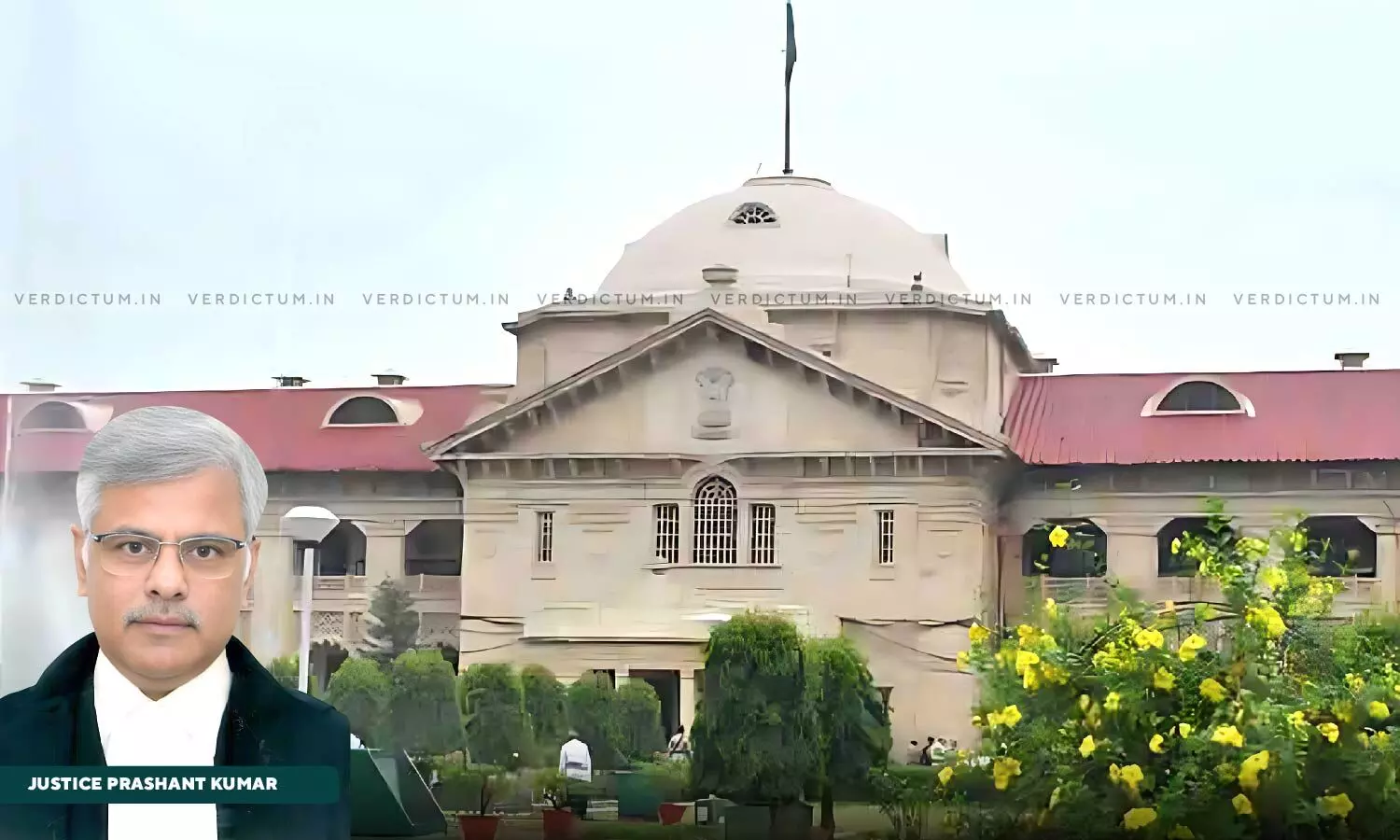
Cannot Deny Paternity Of Children While Refusing To Undergo DNA Test: Allahabad HC Orders Man To Provide Maintenance Or Undergo DNA Test
 |
|The Allahabad High Court observed that a man cannot deny paternity of his children and at the same time refuse to undergo a DNA test, ordering him to either provide maintenance or to undergo the test.
The Bench dismissed the father’s application challenging a family court order for a DNA test to establish the paternity of the two children born to his wife. The Court discussed the broader implications of directing a DNA test and stated that the best interests of the children should be of paramount consideration in such matters.
A Single Bench of Justice Prashant Kumar observed, “A DNA test can serve as a decisive tool in resolving paternity disputes, which directly impacts the question of maintenance for the children involved. The primary aim of such testing is to arrive at the truth regarding paternity, which is essential for the just adjudication of maintenance claims, this Court finds that the paramount consideration in such cases is maintenance and the welfare of the children.”
Advocate Arvind Kumar represented the applicant, while AGA Shashidhar Pandey appeared for the opposite parties.
The mother, who remarried the father following the disappearance of her first husband, filed for maintenance under Section 125 of the Cr.P.C. The father contested the paternity of the children, leading to the family court's decision to order a DNA test to ascertain whether he was the biological father of the children.
The Court reiterated that the phrase “examination of a person” under Section 53 of the Cr.P.C. should be read liberally in order to include an examination of “what is externally visible on a body as well as the examination of an organ inside the body.”
“In this case though the applicant is refusing the maintenance and the paternity of the children, however, when the court ordered for the DNA test, the applicant has assailed that order in this application. The applicant cannot be allowed to blow hot and cold at the same time. He cannot deny the paternity of the children and at the same time he refuses to undergo the DNA test. If he is doubting the paternity the only way to prove his case is by the DNA testing,” the Court remarked.
The Bench also noted that refusing a DNA test could lead to an adverse inference under Section 114, Illustration (h) of the Indian Evidence Act, 1872. The father’s refusal to undergo the DNA test, a procedure deemed essential for determining paternity and safeguarding the child's welfare, could warrant an adverse inference under this Section.
Accordingly, the High Court disposed of the application.
Cause Title: S v. State of U.P. & Anr. (Neutral Citation: 2024:AHC:100046)
Appearance:
Applicant: Advocate Arvind Kumar
Opposite Party: AGA Shashidhar Pandey; G.A. Priyanka Singh; Advocates Rajesh Kumar Mishra and Rajesh Rai